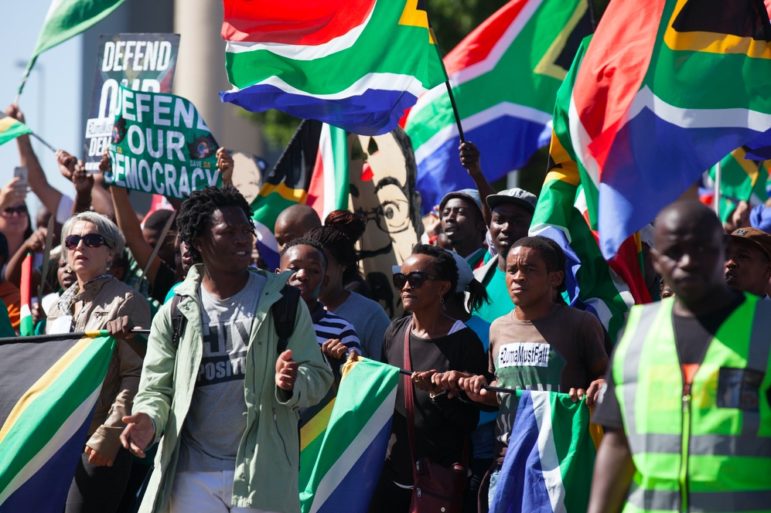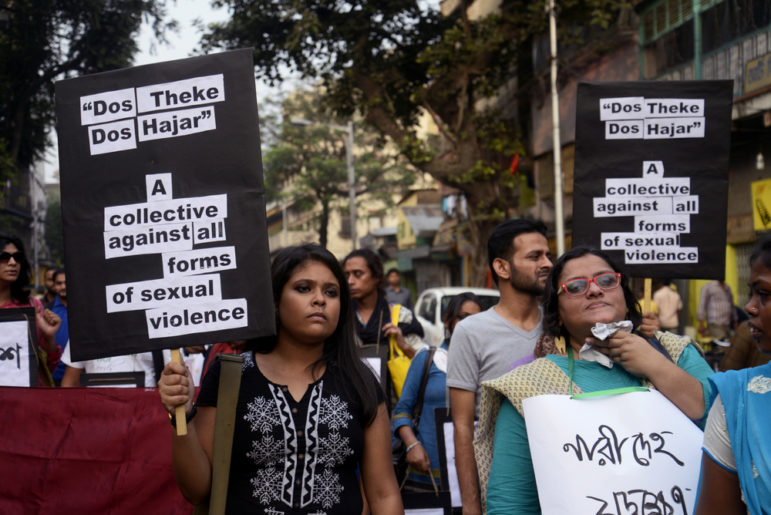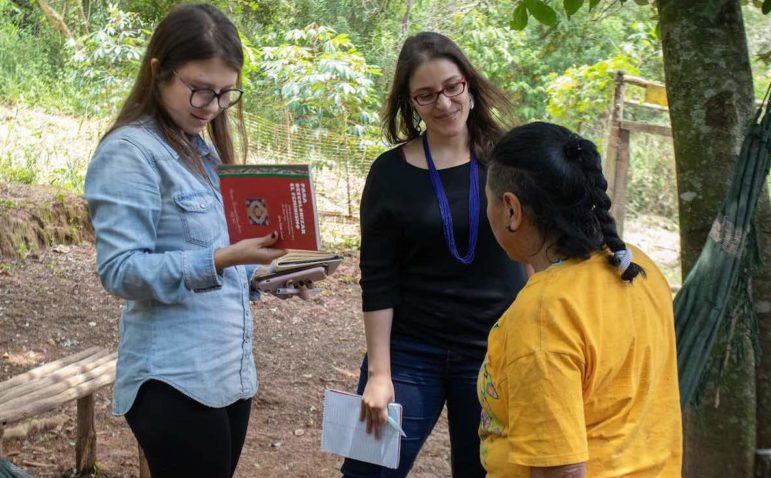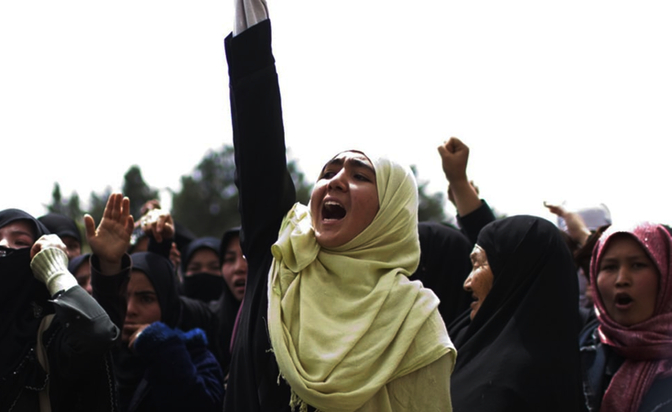
News & Analysis Reporting Tools & Tips
Lessons from a Retracted Investigation in India: How to Avoid Fabricated Evidence
A recent Reuters Institute webinar dug into a highly embarrassing, retracted investigation by India’s The Wire and also laid out best practices for investigative newsrooms to avoid both deliberate and unintentional source errors.









